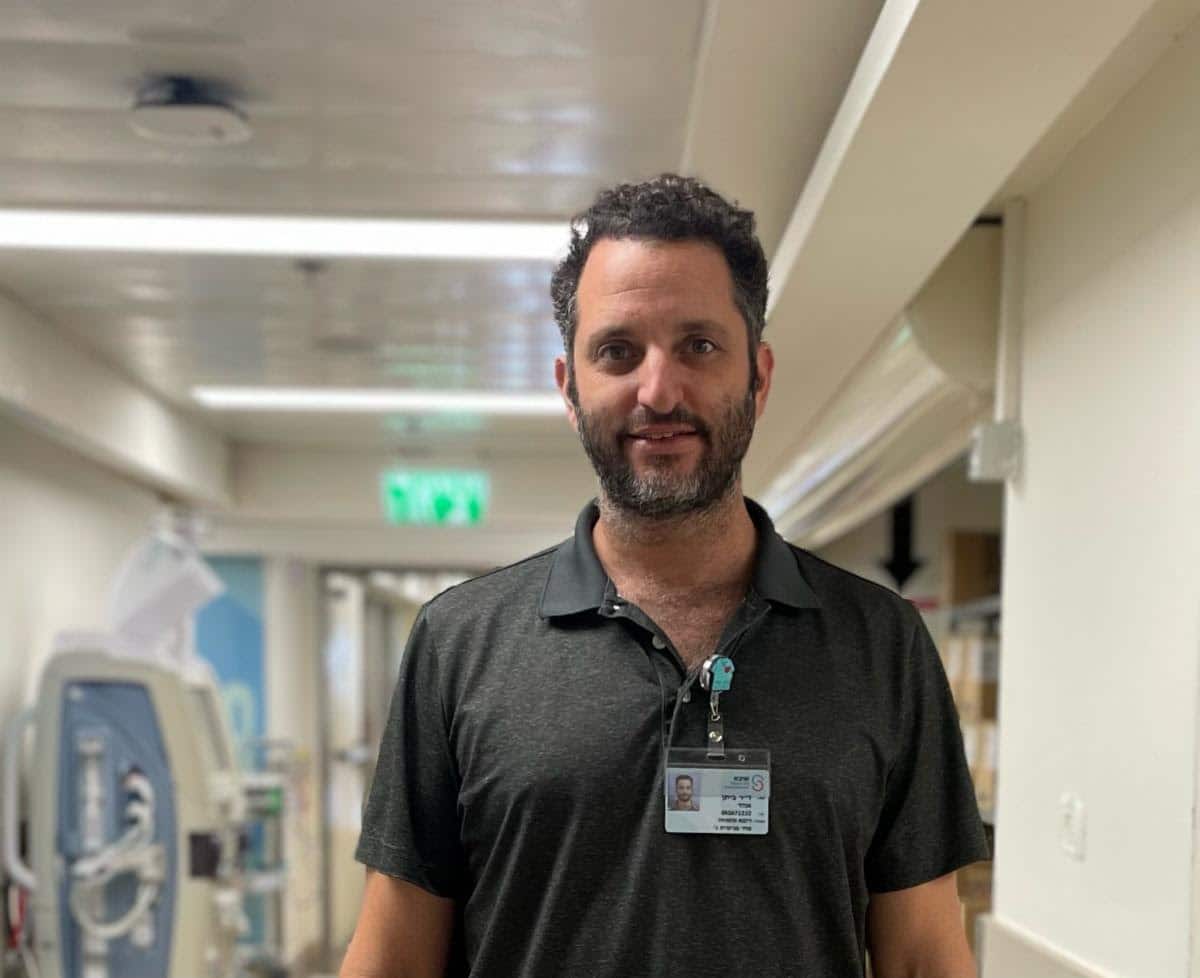
Close observers of the Israeli scene in recent years have seen the challenge of economic migrants – mostly Africans but also south Asians, who make a long, arduous and risky journey across multiple countries to reach Israel.
They enter Israel by crossing the border from Sinai, or enter legally and overstay visas, to seek work in Israel.
The problem is a complex one, but among the issues is they lack the protections and benefits of Israel’s robust healthcare system.
Complicating that are cultural and linguistic hurdles.
To help address the problem, in 2010 Sheba established The Social Clinic – a volunteer-based medical facility funded by donations that treats African asylum seekers and migrant laborers from developing countries.

One young medical provider has made this his passion.
Dr. Ohad Bitan is a graduate of the Tel Aviv University School of Medicine and is now an internist at Sheba. In addition to being a leader and volunteer at the Clinic, he is a lecturer and educator in what he calls “Transparent Patients” – those people without legal standing but with medical needs. His timing could not have been better.
In February 2023 with the blessing of Sheba Director-General Itzik Kreiss, Sheba elevated The Social Clinic to The Center for Social Medicine. This new center aims to create a unique model which includes Clinical, Educational and Research activities under one roof.
The principles start with elements of Sheba’s overarching vision of representing all sectors of Israel, becoming part of the local and larger communities, and the City of Health treating not just illness, but helping all people maintain a continuum of health.

Making medical treatments accessible to marginalized and underserved populations in Israel.

Promoting research on social medicine, immigration and equality in health;

Educating medical teams in Israel and around the world and promoting advocacy in the field of Social Medicine.

Leveraging advanced and remote technologies in the treatments of marginalized populations.
In addition, the Center will work to engage government and NGOs in both cooperation on the needed work as well as systemic change to improve the problem.
You are probably hearing Dr. Ohad Bitan’s name today for the first time. But hopefully not the last. And perhaps, some of his innovations will help America with its own challenges around health inequity.
Your contribution today will support Sheba’s Center for Social Medicine and countless patients.